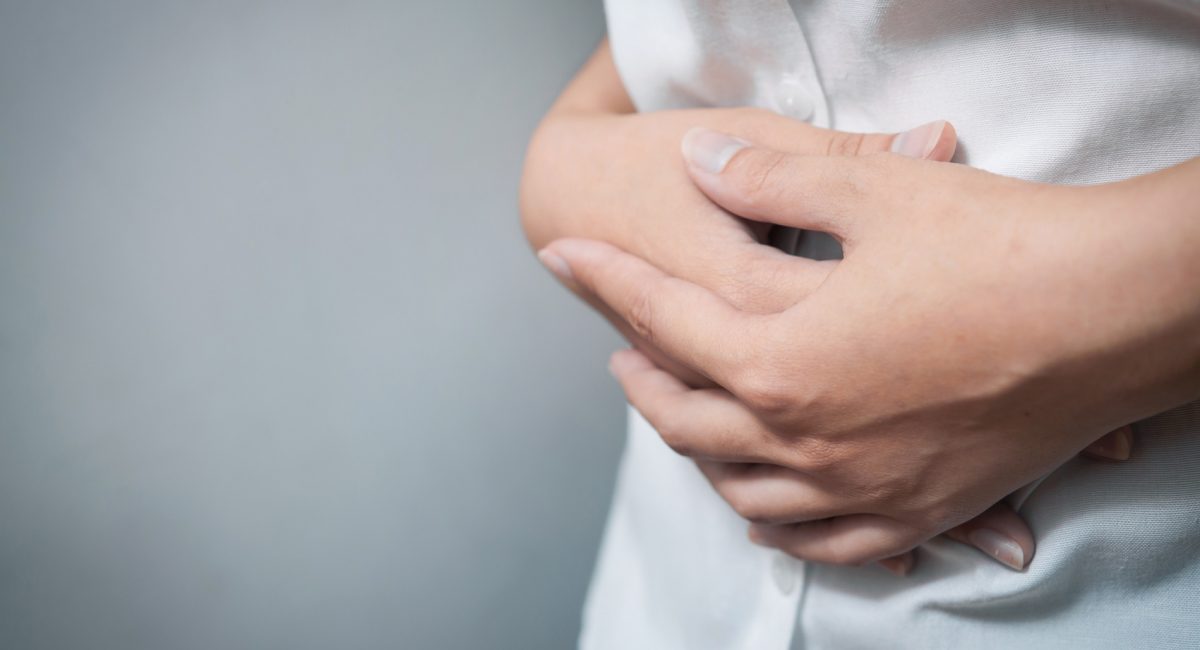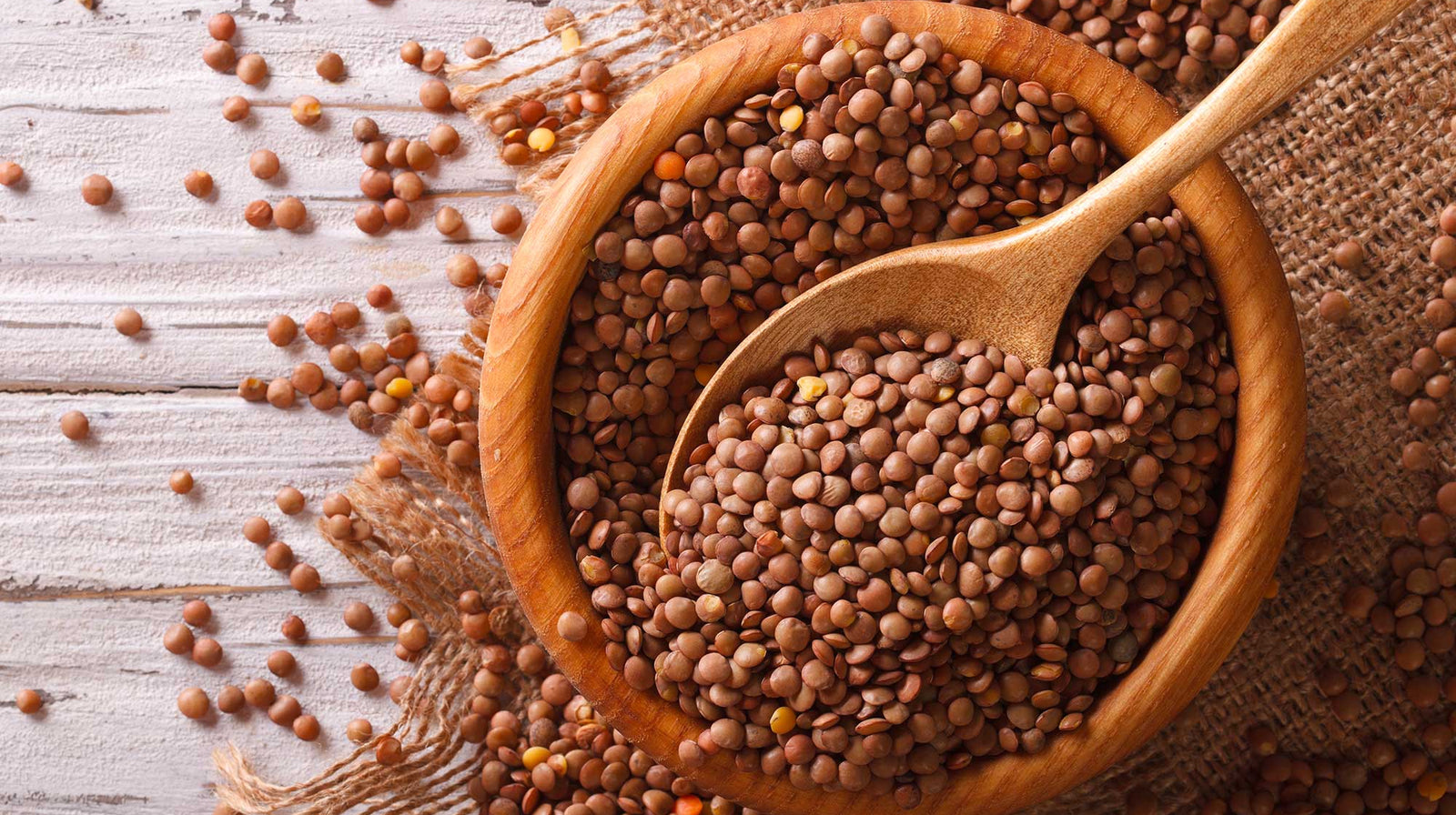
Read more articles from the blog
-

Whole grains reduce the risk of tumours
Whole grains are among the foods that can help to protect against cancer...Read more -

Nickel allergy: all we need to know
Which foods contain nickel, how do we absorb it through our diet, and how can we control this allergy?Read more -

Gestational diabetes and diet - what to eat?
Simple sugars, fruit juices (even natural) and sugary drinks are all to be avoidedRead more



